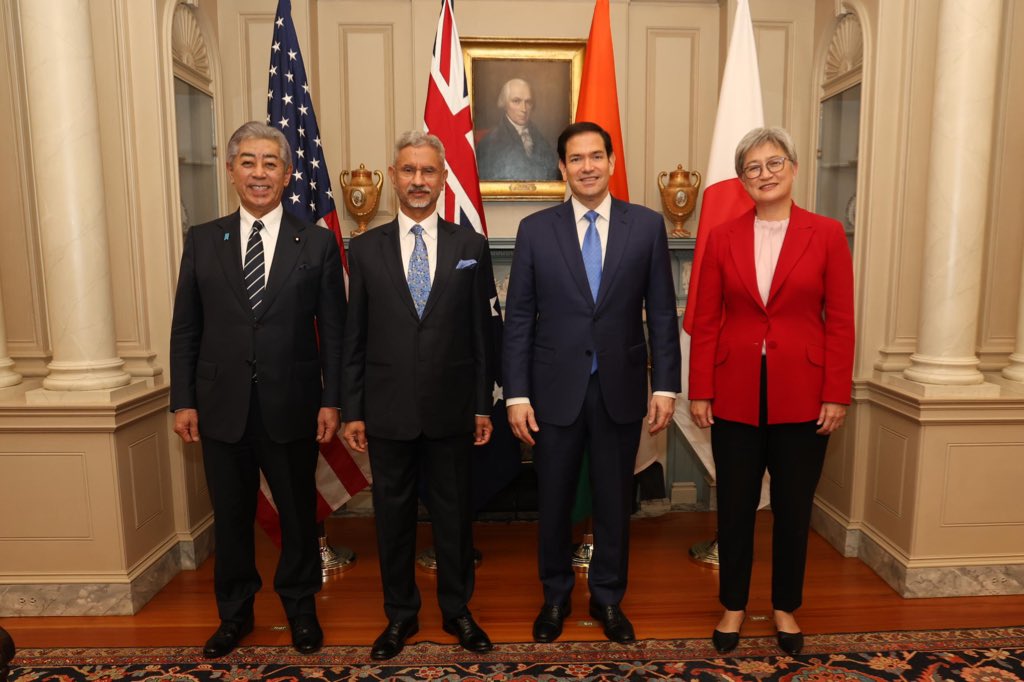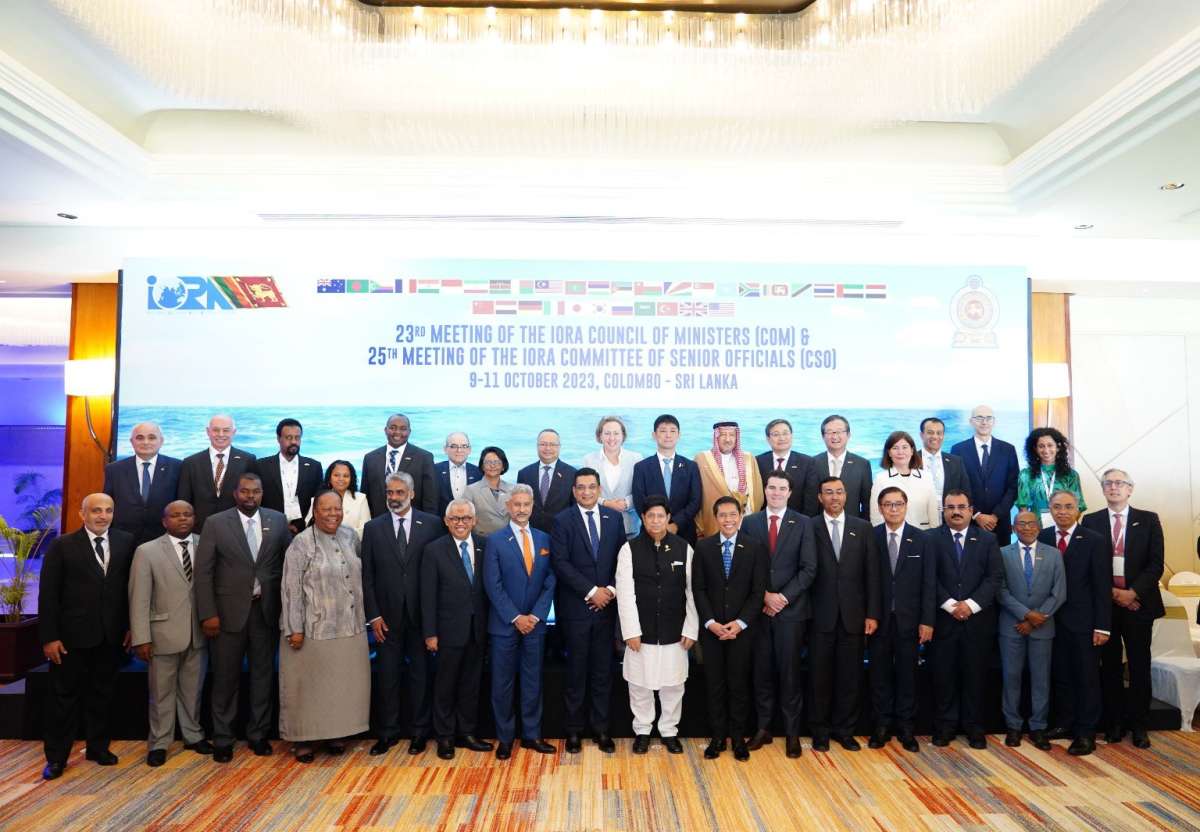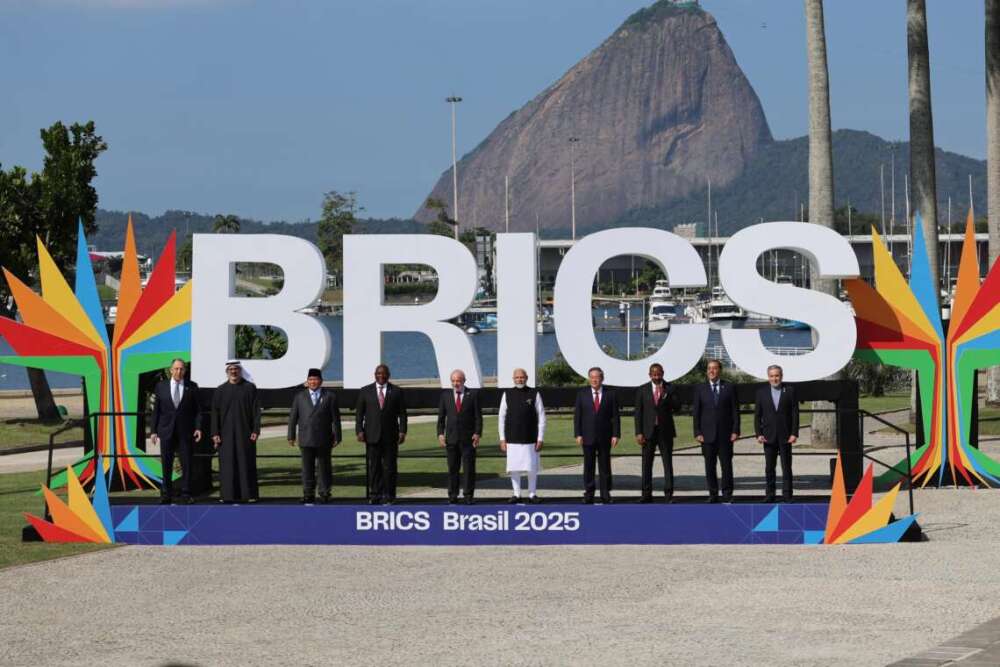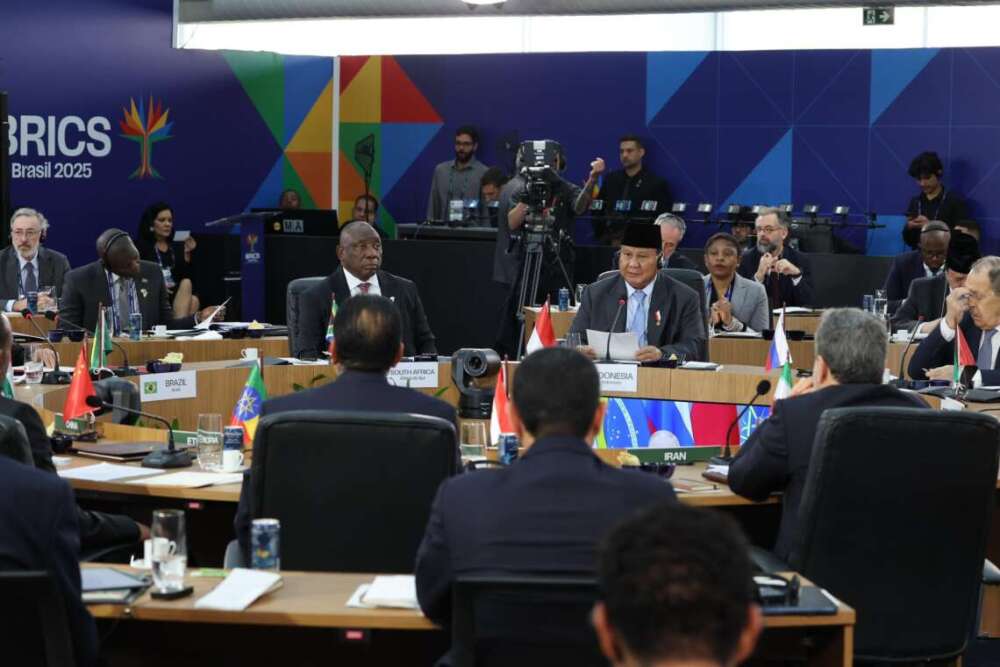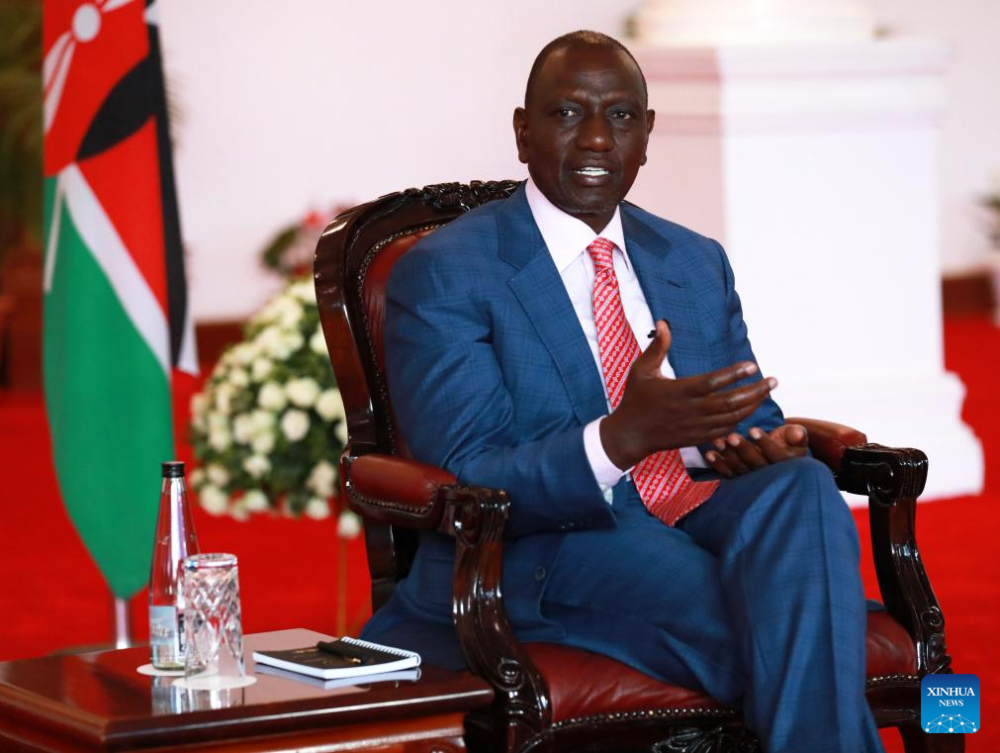The findings reveal that no industrial growth has taken place in Pakistan due to its proximity to the CPEC project….reports Asian Lite News
It’s been almost a decade since China launched the much-hyped China-Pakistan Economic Corridor (CPEC), but the infrastructure project has failed to offshoot considerable economic growth in cash-strapped Pakistan.
A report by DW highlighted the assessments of several experts who have concluded that CPEC’s outcomes in Pakistan have fallen short of expectations
Azeem Khalid, a Pakistan-China relations scholar at COMSATS University Islamabad told DW, “The overpromising and underdelivering have remained a crucial factor, coupled with inherent capacity issues, and instability on the political and security fronts”.
Khalid said that he believes the tangible benefits of CPEC for the Pakistani people have been limited, while the burden of public debt and payments to Chinese companies has surged.
“It is safe to assert that the hype surrounding CPEC was more a product of propaganda than a reflection of reality. China, aided by elements within Pakistan’s media and academia, vigorously marketed the project, leading to inflated expectations,” he told DW.
The multi-billion dollar CPEC project pledges huge Chinese investment into developing rail and road links as it is intended to ship Chinese goods via the Xinjiang region across the mountain border through Pakistan and into the Arabian Sea at Gwadar Port.
Michael Kugelman, a South Asia expert at the Washington-based Woodrow Wilson International Center for Scholars told DW that the CPEC slowdown can be attributed to both economic and security factors. Pakistan’s worsening economic crisis, and China’s own recent slowdown, have dampened prospects for new projects.
A video report by VOA News also emphasized on the reasons behind no major impact on Pakistan’s economic growth because of the CPEC project.
The findings reveal that no industrial growth has taken place in Pakistan due to its proximity to the CPEC project.
Ammar Habib Khan, an economist told VOA, “The objective of CPEC was essentially improving infrastructure and connectivity that could result in higher exports but did not expect industrial growth to happened”.
Red tape, political turmoil and security risks in Pakistan plus the COVID-19 pandemic pushed Chinese investors away. The report said that these factors also delayed Phase II of the CPEC project.
So far, four out of 13 Special Economic Zones planned under CPEC have seen any development.
Ammar Habib Khan said, “The scale at which the Chinese require infrastructure that doesn’t exist in Pakistan due to which SEZs have not been able to take off as of yet. And concerns are they will not be able to take-off in the next few years.”
China is also concerned about security threats to BRI projects which could jeopardize new investment projects in Pakistan. (ANI)





